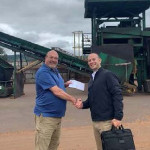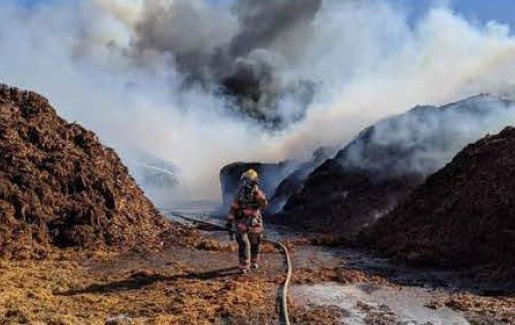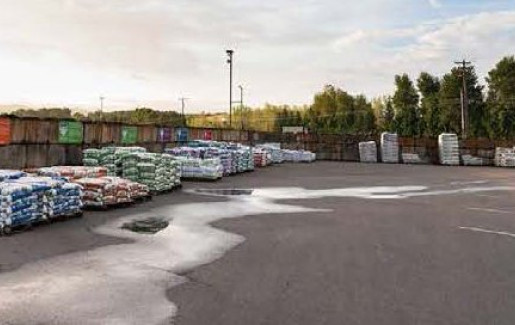A Million Dollar Plus Difference
Strategic Reduction in Coinsurance Penalties
When a fire damaged Swanson Bark and Wood Products' Longview, Washington facility, the company suffered a 50% reduction in operations. Read how Adjusters International (AIPNW) was able to successfully reduce both coinsurance penalties to increase the settlement amount.
Your tireless efforts on our behalf continue to have lasting impacts on our continued operations. Little did we know the fire would only be the first catastrophe. In the end, Adjusters International was successful in recovering more than double what the insurance company initially offered. Without Adjusters International our continued success would not have been possible.

Description
Since 1928, Swanson Bark and Wood Products has shipped high-quality, sustainable wood products in the United States and internationally. When a fire damaged the 84-acre facility in Longview, Washington, Swanson Bark suffered a 50% reduction in operations. In addition to the devastation, Swanson Bark executives discovered that their insurance policy held them responsible for a 100% coinsurance requirement, an insurance provision that obligates policyholders to insure their property to a specified percentage of its full value. The claim was further complicated by the fact that Swanson Bark was underinsured. Realizing that they were at risk, Swanson executives called on Adjusters International (AIPNW) to handle the double challenge.
Issues
- The amount of insurance covering business personal property was insufficient to meet the coinsurance requirement of the policy which would, in turn, cause Swanson Bark’s settlement to be penalized.
- The amount of insurance covering business interruption was insufficient to meet the coinsurance requirement of the policy which would, in turn, cause Swanson Bark’s settlement to be penalized.
Solutions Applied
- Coinsurance is a vehicle that insurers use to assure that premiums paid are commensurate with the risks they take. If an insured—Swanson Bark in this case—carries less insurance than required by the policy, they become co-insurers (joint insurers) with the
insurance company. - The formula for coinsurance is:
Insurance Carried
Insurance Required
x (Damage) = Collectible - In this case the portion of the business that burned had newer equipment. By exercising the insured’s option to collect at actual cash values (replacement minus depreciation), AIPNW was able to reduce the penalty. Since stock and new equipment has little depreciation, if any, and older equipment depreciates quickly, we were able to optimize the recovery. In this case, the penalty initially proposed by the insurance company of almost 50% was reduced to less than 20%, netting Swanson Bark a difference of hundreds of thousands of dollars.
- Swanson Bark was in the third year of a three-year policy and the values were set when the policy was taken out. Initially, the insurance company based their business income evaluation on figures the year before the loss. After reanalyzing the insurance policy and business revenue trends, AIPNW recognized that Swanson Bark was on an upward trajectory since its three-year insurance policy began, and as such, argued that the value of the business income should reflect the revenue stream at the inception of the insurance policy. By convincing the insurance company to reexamine the business income loss within the established parameters, AIPNW was able to reduce the coinsurance penalty from 57% to 29%. As a result of the reduced coinsurance penalty, AIPNW was able to increase the settlement offer of around $4 million to over $5 million.
Outcome
Adjusters International was able to successfully reduce both coinsurance penalties and to increase the settlement amount. Given the challenges of the coverage, it was impossible to collect 100% of the claimed loss, but Adjusters International’s ability to strategically reduce the penalties assured Swanson Bark’s ability to survive a financial calamity. Swanson Bark was able to rebuild their facility and resume operations.


